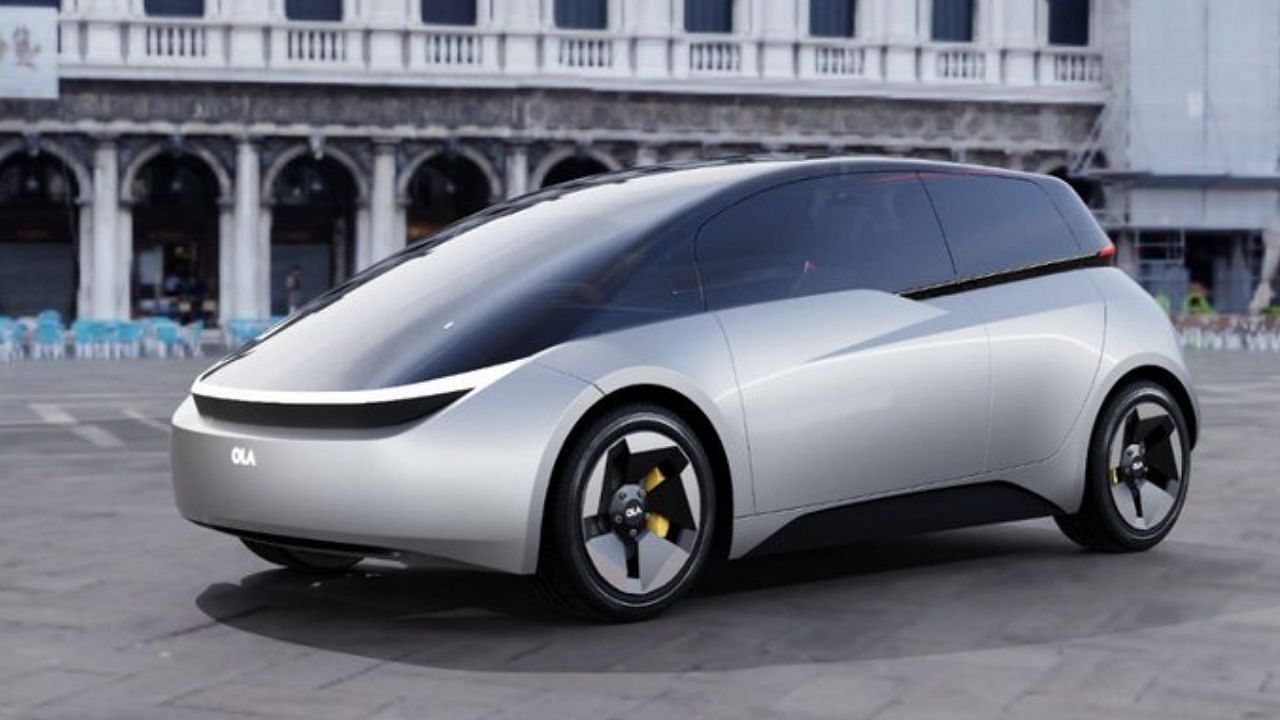Ola Electric currently imports battery cells from South Korea and is now looking to invest in companies with advanced cell and battery technology.
Ola Electric (Ola Electric) is working hard to expand its market in India and now has a battery cell manufacturing plant in the country (Battery Cell Manufacturing Plant) is planning to build. According to a report by Reuters, the company produces 50 gigawatt-hours (GWh) is thinking of setting up a battery cell manufacturing plant with a capacity of up to Rs. Hailstone (Ola) currently needs 40GWh of battery capacity to meet its annual target of manufacturing 10 million electric scooters. The remaining 10GWh batteries will be used for electric cars, which the manufacturing company wants to make in the near future.
Citing another source, the report said that the company’s initial plan was to setup 1GHW battery capacity by 2023 and expand it to 20GWh in the next 3-4 years. The report further states that this 1GWh battery capacity plant will require investment of up to $1 billion.
Ola imports battery cells from South Korea
Ola currently imports battery cells from South Korea. The report further states that the company is looking to invest in companies with advanced cell and battery technology and will set up a battery research and development facility in India.
Currently, battery cell manufacturing is dominated by a small number of Asian companies, including CATL, LG Energy Solutions and Panasonic. If Ola sets up its own manufacturing plant, then it will not have to depend on third party companies for supply.
While Ola Electric has a lot of planning in store, it has made a great start considering that the company faced a lot of production and delivery delays for its Ola S1 electric scooter. It has also seen several senior level exits over the course of time.
The battery plan seems to have come ahead as the company is trying to increase the production level of its electric scooter. The company currently manufactures around 1,000 scooters per day according to its CEO. In the first phase, a target of two crores has been kept.


